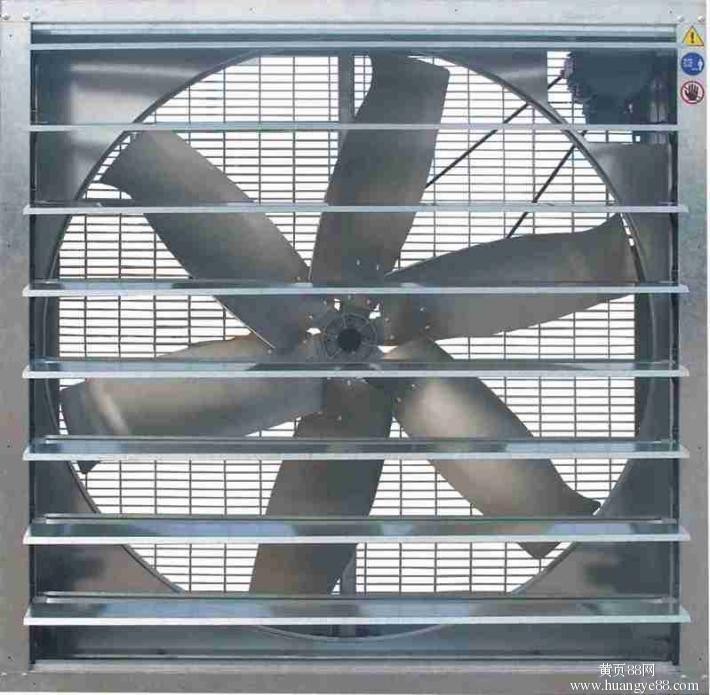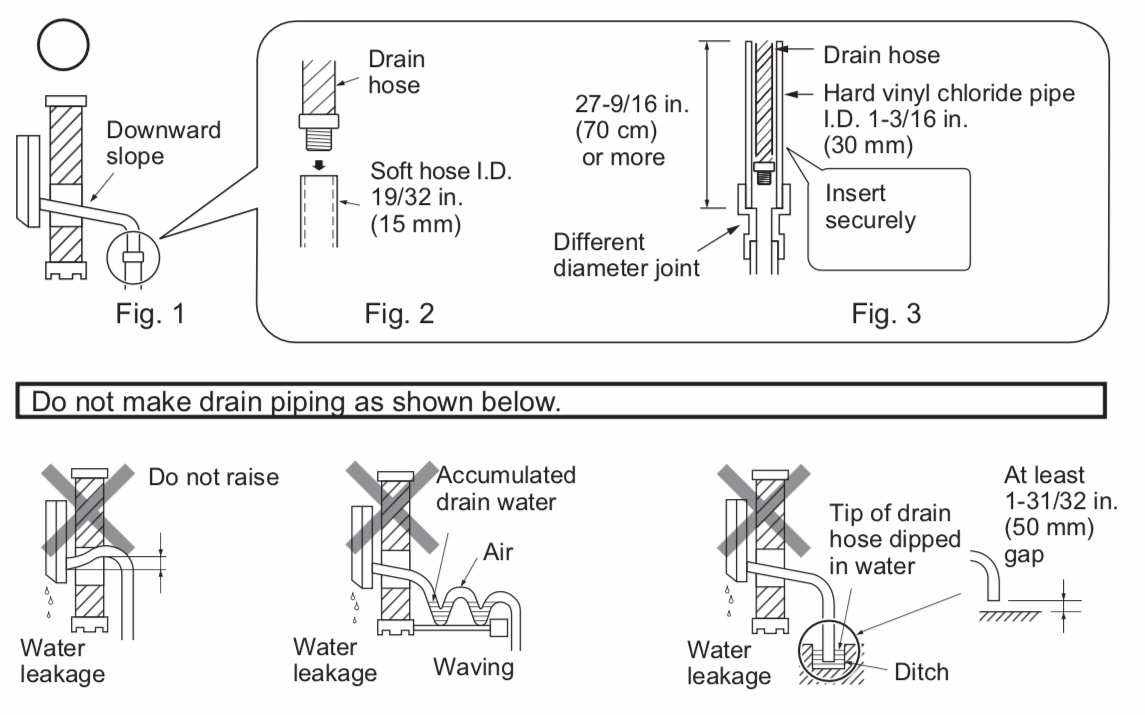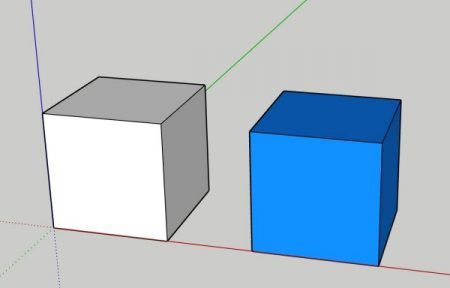Get Tech Tips
Subscribe to free tech tips.
Change O-rings, Not Hoses

I have seen MANY junior techs replace hoses just because the O-rings were leaking. Every decent hose manufacturer sells replacement O-rings so that you can keep those hoses in service until the hoses themselves become damaged.
Pretty simple.
Here are some more tips to make it easy:
1. Use a little (a tiny bit) of refrigerant oil or Nylog on your hose connections and seals to keep them well-conditioned.
2. Check your hoses before attaching them every time. In my experience, most seals become damaged because they get a little out of place and then get installed anyway, crushing and damaging the seal.
3. Don't over-tighten your hoses; if you need to use channel locks, you are doing it wrong.
4. When you buy hoses or a manifold, get extra seals at the same time.
5. Use the same brand of hoses on all your manifolds, recovery, and evacuation kits so that you can keep extra seals for all of them on the truck.
6. Keep your loose hoses capped with brass caps on each end to keep the seals from drying out and your hoses clean and dry.
If you want to find some seals or hoses, TruTech Tools is a great place to look. You can get a great discount by using the offer code “getschooled” at checkout.
—Bryan










Comments
Refco has the teflon gaskets that last longer with POE oils.
Refco has the teflon gaskets that last longer with POE oils.
To leave a comment, you need to log in.
Log In